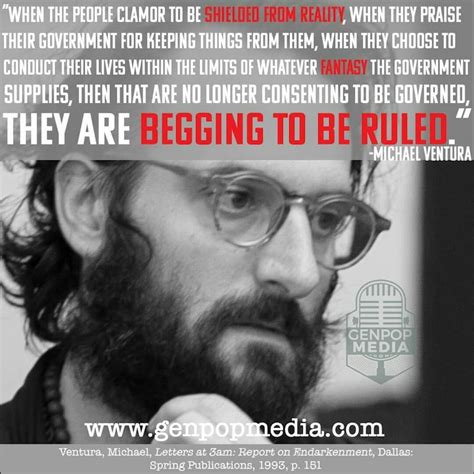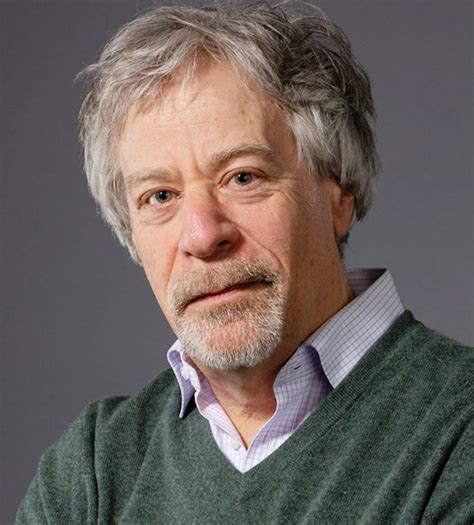A Quote by Phyllis Chesler
Only the powerless live in a money culture and know nothing about money.
Related Quotes
To walk in money through the night crowd, protected by money, lulled by money, dulled by money, the crowd itself a money, the breath money, no least single object anywhere that is not money. Money, money everywhere and still not enough! And then no money, or a little money, or less money, or more money but money always money. and if you have money, or you don't have money, it is the money that counts, and money makes money, but what makes money make money?
The Twelve Chairs is about the same thing. It's all about money or love. We know we need money, we know we have to get money, we know we have to hurt others to get money. But we don't know until maybe it's a little too late in life that love is the most important thing. Love, friendship, affection, bonhomie, whatever. Those are the only things that really count: to love and be loved.
Is money money or isn't money money. Everybody who earns
it and spends it every day in order to live knows
that money is money, anybody who votes it to be
gathered in as taxes knows money is not money. That
is what makes everybody go crazy.... When you earn
money and spend money every day anybody can know the
difference between a million and three. But when you
vote money away there really is not any difference
between a million and three.
Don't be too much concerned about money, because that is the greatest distraction against happiness. And the irony of ironies is that people think they will be happy when they have money. Money has nothing to do with happiness. If you are happy and you have money, you can use it for happiness. If you are unhappy and you have money, you will use that money for more unhappiness. Because money is simply a neutral force.
If money doesn't come with misery, then it's not at all interesting and it's not at all fair. It seems if you have all this money, and no misery, you're really in a world of unalloyed happiness, and that seems to violate some deep principle of universal justice. We tend to live in a culture now where people have unbelievable, inconceivable amounts of money without any kind of remorse.





































